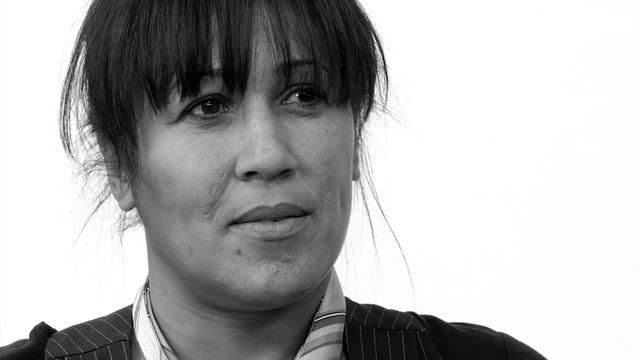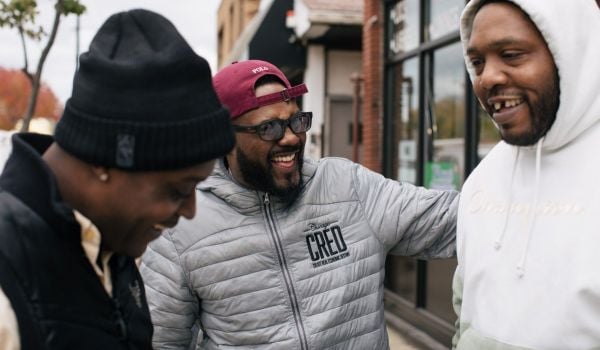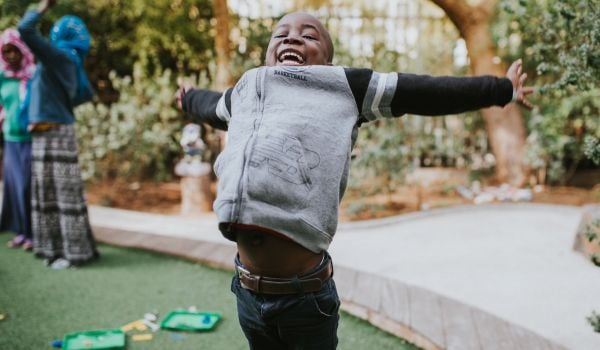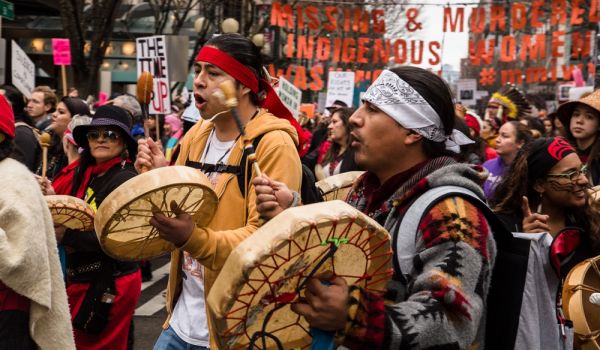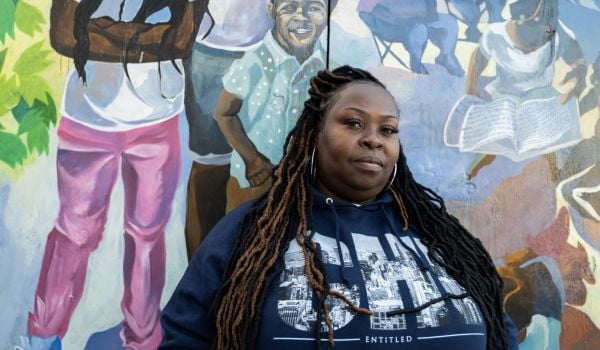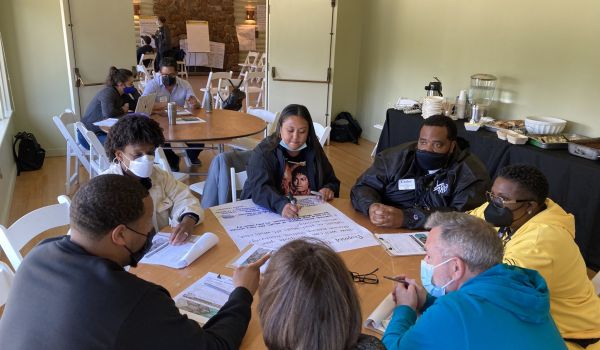Among the 19 people injured in a mass shooting in New Orleans on Sunday was my friend and colleague Deborah Cotton.
Cotton, a multimedia journalist who covers New Orleans’ music and culture under the name “Big Red” Cotton and recently launched an arts and culture website called New Orleans Good Good, was hit directly by gunfire and taken to intensive care for surgery. She is in guarded but stable condition, according to doctors.
Cotton and the other victims, which included two 10-year-old children, were shot while marching in the second line, a traditional New Orleans street parade wherein revelers form a “second line” dancing behind a fully outfit brass band. Second lines are typically organized by community-based social aid and pleasure clubs, in this case the Original Big 7 Social Aid and Pleasure Club.
Before being shattered by gunfire, Sunday’s 400-person parade was moving through neighborhoods of the 7th Ward and Tremé, the eponymous setting for David Simon’s acclaimed New Orleans HBO TV series.
The Big 7 — a membership-based culture and community service group that has organized second lines and children’s marches since 1995 — has held an annual Mother’s Day Parade since 2001. “This is the first act of shooting violence that has occurred, and we pray that it is the last,” the group said in a statement published on Facebook on Sunday.
Police officials said that three suspects were seen fleeing the scene immediately following the gunfire. No arrests had been made as of Monday morning.
“These are unusual circumstances. We have second lines which occur in the city of New Orleans virtually every weekend at this time of the year,” Police Superintendent Ronal Serpas told reporters Sunday. “We had a full complement of police officers. It appears that these two or three people just, for a reason unknown to us, started shooting at, towards or in the crowd. It was over in just a couple seconds.”
CNN covered the shooting with an article headlined “New Orleans shooting called street violence, not terror.”
“It’s strictly an act of street violence in New Orleans,” Mary Beth Romig, a spokesperson for the FBI in New Orleans, told the Associated Press.
“Strictly an act of street violence.” “Not terror.” This distinction is troubling because it distinguishes between crime that is seen as against “all Americans” from crime that is seen as a byproduct of an urban American sub-culture, a subculture that happens to have racial and class associations.
Die from street violence and you may be remembered by a wooden cross and a few teddy bears set to rest on the sidewalk by your neighbors. You may get a t-shirt printed with your name. Die in a terror attack and there will be stone, marble and speeches to remember you with.
As I wrote after the Boston Marathon bombing, we tell the stories of terror differently than those of urban violence. We also care about the victims differently and even care about the perpetrators differently.
This hierarchy of death is wrong and it will only make it harder to solve the domestic terror that killed 193 people in New Orleans last year, 217 in Baltimore and more than 500 in Chicago.
But back to my friend Deb, now healing (hopefully) in a hospital bed. Cotton was a dedicated chronicler of second lines, videoing parades faithfully and beautifully capturing a part of black New Orleans culture that is invisible to many and misunderstood by others. Her videos have been watched more than 1.6 million times on YouTube.
But it’s never been only fun that Cotton has presented. A social activist who is no stranger to City Hall, Cotton has been an important voice in the struggle to reduce violence in New Orleans streets.
In a 2010 blog post originally published on the website of local alt-weekly Gambit, Cotton responded to a fatal shooting at a second line with a call for reform of the broken public systems that serve the city’s residents:
The unfortunate murder that occurred on Sunday is not symptomatic of second line culture. On the contrary, its directly attributable to deep social ills that New Orleans has yet to get a firm grasp on: a broken criminal justice system that allows murderers to get off easily and maintains bad cops which in turn undermines resident’s faith in cooperating with authorities; a broken education system that leaves citizens unable to function as adults in the professional world; and a economy based on two sectors that thwart ambition and opportunities — tourism and government. To end the murder culture, one must acknowledge and address the legitimate root problems and depart from racial biases that serve to further marginalize a distressed community.
In 2012, Cotton spoke about her belief that the violence in her community could be prevented on a video published on YouTube:
“I believe it can be,” she said. “We are just not addressing this in a systematic way… we cannot not fix it anymore… it can be addressed we are just not rising to the occasion and that is heartbreaking.”
Ariella Cohen is Next City’s editor-in-chief.
Follow Ariella .(JavaScript must be enabled to view this email address)

